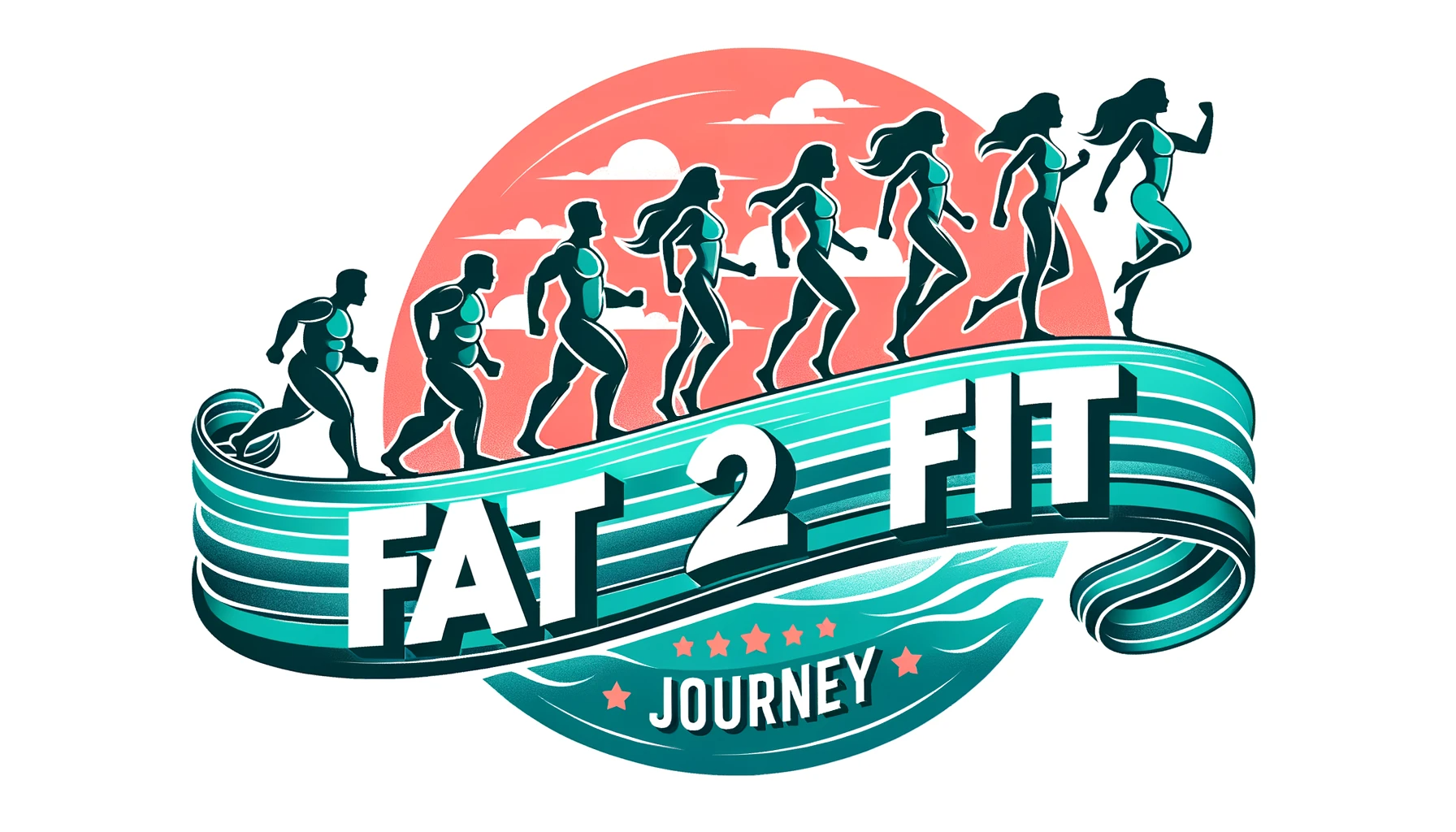Are you looking to build lean muscle and improve your overall fitness? Look no further! This article is packed with effective workouts and nutrition tips to help you achieve your goals. By incorporating a combination of strength training exercises and a balanced diet, you can maximize muscle growth and develop a toned physique. Whether you’re a beginner or an experienced athlete, these tried and tested strategies will guide you on your journey towards building lean muscle.

Table of Contents
Workouts for Building Lean Muscle
Building lean muscle requires a combination of effective workouts and a proper nutrition plan. In this article, we will discuss various workouts that can help you build lean muscle effectively. Remember, consistency is key when it comes to achieving your fitness goals.
Strength Training
Strength training should be the foundation of your workout routine if you want to build lean muscle. This form of exercise focuses on resistance training, which helps activate and stimulate the growth of muscle fibers. By incorporating strength training exercises into your routine, you can target specific muscle groups and promote muscle growth.
Compound Exercises
Compound exercises are multi-joint movements that engage multiple muscle groups simultaneously. These exercises are highly effective in building lean muscle as they require more effort and energy compared to isolation exercises. Some examples of compound exercises include squats, deadlifts, bench press, and pull-ups. By incorporating compound exercises into your workout routine, you can save time and achieve maximum results.
Progressive Overload
Progressive overload is a training principle where you gradually increase the demand placed on your muscles over time. This can be achieved by increasing the weight you lift, the number of repetitions, or the intensity of your workouts. Progressive overload is essential for building lean muscle as it challenges your body and stimulates muscle growth.
Isolation Exercises
While compound exercises should be the main focus of your workout routine, isolation exercises can also play a crucial role in building lean muscle. Isolation exercises target specific muscle groups and help to shape and define those muscles. Some examples of isolation exercises include bicep curls, tricep extensions, and calf raises. Incorporating isolation exercises into your routine can help you achieve a well-rounded physique.
Circuit Training
Circuit training is a form of exercise where you perform a series of exercises back-to-back with little to no rest in between. This type of training helps to increase your heart rate, burn calories, and promote muscle growth. Circuit training is an effective way to build lean muscle while improving cardiovascular fitness. By combining strength exercises and cardiovascular exercises in a circuit, you can maximize the benefits of your workout.
HIIT (High-Intensity Interval Training)
HIIT is a workout method that involves short bursts of high-intensity exercise followed by periods of rest or low-intensity exercise. This type of training is known for its effectiveness in burning fat and building lean muscle. HIIT workouts can be done with a variety of exercises such as sprinting, jumping jacks, burpees, and mountain climbers. Incorporating HIIT into your routine can help increase your metabolic rate, leading to improved muscle definition.
Rest and Recovery
Rest and recovery are often overlooked but are crucial for building lean muscle. Your muscles need time to repair and rebuild after intense workouts. Adequate rest and recovery allow your muscles to grow stronger and prevent the risk of injury. Make sure to incorporate rest days into your workout schedule and prioritize quality sleep to support muscle growth.
Frequency and Duration
When it comes to building lean muscle, finding the right balance between workout frequency and duration is essential. Aim to exercise each muscle group at least two to three times per week, allowing for adequate recovery in between sessions. The duration of your workouts will depend on your fitness level and goals, but generally, 45 minutes to an hour of focused training is sufficient.
Form and Technique
Maintaining proper form and technique during workouts is crucial for building lean muscle and preventing injuries. Incorrect form can put unnecessary strain on your muscles and joints, leading to potential setbacks in your progress. If you’re unsure about the correct form, consider working with a personal trainer or using instructional videos to ensure you’re executing exercises properly.
Tracking Progress
Tracking your progress is essential for staying motivated and monitoring your muscle-building journey. Keep a workout journal or use fitness apps to record your exercises, weights, and repetitions. Taking progress photos and measuring your body composition can also provide visual reminders of your progress. Regularly reviewing your progress can help you identify areas for improvement and celebrate your achievements along the way.
Nutrition Tips for Building Lean Muscle
In addition to effective workouts, proper nutrition plays a vital role in building lean muscle. Here are some nutrition tips to support your muscle-building goals.
Caloric Surplus
To build lean muscle, you need to be in a caloric surplus, which means consuming more calories than you burn. This surplus provides your body with the energy it needs to build and repair muscle tissue. However, it’s important to maintain a slight surplus rather than overeating excessively, as this can lead to unwanted fat gain. Aim for a caloric surplus of around 250-500 calories per day to promote muscle growth.
Protein Intake
Protein is the building block of muscle, so it’s crucial to consume an adequate amount to support muscle growth. Aim to consume 0.8 to 1 gram of protein per pound of body weight. Good sources of protein include lean meats, poultry, fish, eggs, dairy products, legumes, and tofu. Consider adding protein supplements such as whey protein powder to your diet if you struggle to meet your protein needs through food alone.
Carbohydrates and Fats
While protein is important, don’t overlook the role of carbohydrates and fats in your diet. Carbohydrates provide energy for your workouts, while healthy fats help with hormone production and joint health. Include complex carbohydrates like whole grains, fruits, and vegetables, as well as healthy fats from sources such as avocados, nuts, and olive oil. Finding the right balance of macronutrients is crucial for supporting lean muscle growth.
Meal Timing
Meal timing can play a role in muscle growth and recovery. To maximize muscle protein synthesis, it’s recommended to consume protein-rich meals or snacks within 1-2 hours before and after your workouts. This helps provide your muscles with the necessary nutrients for repair and growth. Focus on eating balanced meals throughout the day and consider dividing your daily caloric intake into smaller, more frequent meals for optimal nutrient absorption.
Hydration
Proper hydration is often overlooked but is vital for overall health and muscle function. Drinking an adequate amount of water throughout the day helps transport nutrients to your muscles, lubricate your joints, and regulate body temperature. Aim to drink at least eight glasses of water per day and increase intake during intense workouts or hot weather.
Nutrient-Dense Foods
To support your muscle-building goals, focus on consuming nutrient-dense foods that provide a wide range of vitamins, minerals, and antioxidants. Include plenty of fruits, vegetables, whole grains, and lean protein sources in your diet. These foods provide essential nutrients that optimize muscle growth and overall health.
Supplements
While supplements are not necessary for building lean muscle, they can be a convenient addition to your nutrition plan. Protein powders, creatine, and branched-chain amino acids (BCAAs) are popular supplements among those looking to build lean muscle. However, it’s important to remember that supplements should be used to complement a balanced diet and not replace whole foods.
Pre- and Post-Workout Nutrition
Eating a balanced meal or snack before and after your workout can provide your body with the necessary fuel for optimal performance and recovery. Before your workout, aim for carbohydrates and a moderate amount of protein to provide energy. After your workout, focus on replenishing glycogen stores and promoting muscle repair by consuming a combination of carbohydrates and protein.
Avoid Overeating
While being in a caloric surplus is important for building lean muscle, it’s equally important to avoid overeating. Excessive caloric intake can lead to unwanted fat gain, which can hinder your progress in achieving a lean physique. Be mindful of portion sizes and listen to your body’s hunger and fullness cues.
Consistency and Planning
Consistency is key when it comes to building lean muscle. Establishing a consistent workout routine and adhering to a well-planned nutrition plan are crucial for long-term success. Develop a schedule that works for you and make sure to plan your workouts and meals in advance. By staying consistent and prioritizing your health and fitness goals, you’ll be well on your way to building lean muscle.
Remember, building lean muscle is a journey that requires dedication, commitment, and hard work. By incorporating effective workouts and following proper nutrition techniques, you can achieve the lean and toned physique you desire. Stay focused, stay consistent, and enjoy the process of transforming your body.

